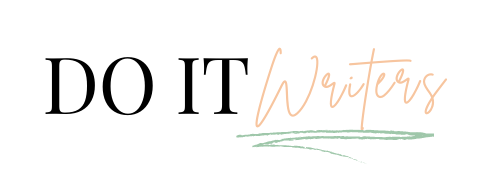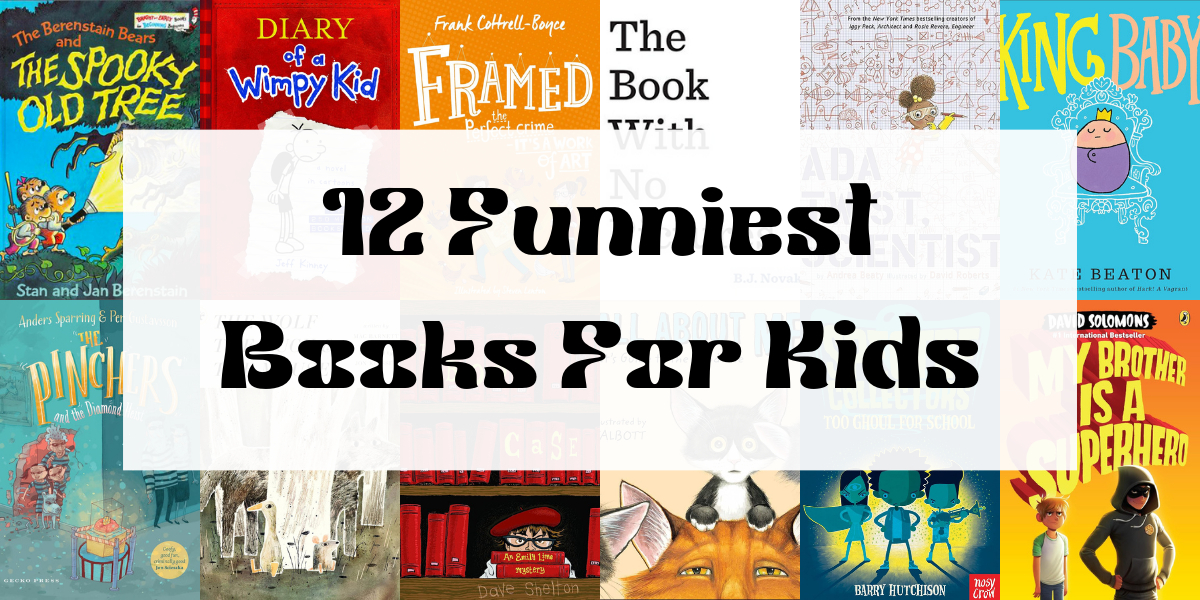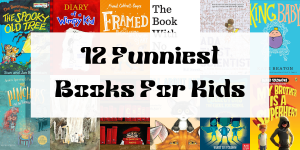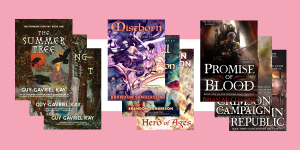Everyone makes mistakes, and blogging is no exception.
Although some mistakes help us by teaching the hard way, something should thoroughly avoid some mistakes as they undoubtedly ruin your blog.
Even the most experienced and famous bloggers wish they hadn’t made a few mistakes they did, but time is indeed irreversible.
Starting a blog the right way will not only be better but would also save you a ton of time, money, and other opportunities that you might have missed.
Here I will cover 7 blogging mistakes that can absolutely ruin your blog within one year.
The 7 Blogging Mistakes
- Selecting the wrong niche.
- Writing without a strategy.
- Choosing a bad hosting company.
- Ignoring what your readers want.
- Not having research to back up your claims.
- Posting inconsistently.
- Neglecting other media platforms.
The biggest mistake you make in this step is that you only think of ideas that interest you.
The thing is, you will not be the only reader of your blog, so regardless of how much you read or re-read your post, keep that in mind.
Once you have written a few blog posts, ideas will start popping in your head at really random times. Be it in the shower, walking your dog, or talking to your mother, but just because it might be a good idea doesn’t mean that the idea is good for your blog.
The ultimate solution to this problem would be to align your posts to your blog’s growth goals.
Selecting the wrong niche.
Choosing a niche is a crucial step for blogging. And starting with the wrong niche would make things very complicated for you in the future.
This is one of the most crucial and impactful mistakes made every day, so choosing the right one is incredibly important.
If you have started blogging, you should already know some niches are more lucrative than others. But choosing a niche just because it will make more money is not the right way to do things.
For example, you shouldn’t start blogging about traveling or jumping straight into food blogging because they are trendy. This is a huge mistake that you shouldn’t fall for. As you’ll also start burning out without strategy, and you would even feel difficulty posting regularly as you yourself would feel incredibly bored.
You should choose a niche which you are passionate about, as it would make things much easier for you to keep up with. It would naturally provide you with good ideas. Not just that, it would also engross your readers much more, and you’re less likely to feel bored out.
You should also have some experience in your niche, although you don’t have to be a professional to do it. Also, consider whether or not your niche has very little demand.
Writing without a strategy.
Once you have gotten an idea of your competition, it’s time to make a business strategy.
Many bloggers and newbies who start blogging actually often skip this part, not really paying it any attention, but that’d just end with you on the pile of the already many bloggers who gave up.
This is one of the severe blogging mistakes that you absolutely should not make.
You really need a business plan and strategy. A blog without a strategy and direction is bound to get lost in the sea of hundreds and millions of other blogs that get posted a day.
4.4 million blog posts are published in a day.
The solution would be to create your own business plan with strategies, techniques, vision statements, and your blog’s long-term goals.
For that, you would need to ask yourself and answer some questions about your blog and how you will make it work. This includes:
- What exactly is your plan to outrank your existing competition and get more traffic?
- How can you make your blog more unique than the other millions of blogs out there?
- Where do you see your blog in the next few years? What are your strengths and weaknesses?
- What exactly do you want your blog to be branded and promoted as?
- How are you going to monetize your blog?
- How many members do you want in your team, and who is going to be doing what?
Once you have answered all these questions, plan a business strategy for your blog using all the answers you have gathered.
Choosing a bad hosting company.
Another mistake that bloggers often make is choosing a bad hosting company.
Hosting companies allow you to take your blog online on the internet by living, and they typically start their pricing from $3.00 to around $15.00 for entry-level plans. Without solid hosting, your blog won’t be public, and your works won’t be readable to the wide world.
You should be careful with what hosting server you use as not all have the same features, reliability, or affordable hosting plans.
Things and factors you should deeply consider while searching for a hosting company are.
- Speed
- Security
- Features
- Support
- Track record
However, two good hosting companies that are highly recommended are DreamHost and Bluehost.
Ignoring what your readers want.
Finding your target audience or learning who your audience is not exactly a simple job.
It’s an incredibly experimental and time taking process to properly find out what exactly it is that your audience wants. However, it helps to the first start by taking ideas and inspiration from blog post ideas and content formats that work well with your already chosen niche.
If your primary focus for your blog is to entertain people, ask yourself what stories or anecdotes would your readers enjoy.
Or, when trying to come up with topics, you can guess what exactly it is that your target audience would find helpful, and you can start with that. What problem exactly is your blog solving for them? What information is it you’re giving them that’s going to be useful?.
Not having research to back up your claims.
In this situation, your mistake would be that you don’t have enough data to back up your claims. Remember, research is not something you sprinkle over your post after you’ve finished.
Let’s say that you’re writing a blog post about why businesses should Instagram for marketing. Once in the argument, which line do you think would convince people more?
– “it’s obvious that more people are using Instagram these days. “
Or
– “Instagram’s user base is growing far faster than social network usage in the U.S. Instagram will grow 15.1% this year, compared to just 3.1% growth for the social network sector.”
It’s obvious that the second one would be more convincing. Using research and data to back up what you’re saying is extremely important in blog posts, as you’re not only trying to get them on your side, but you’re trying to have them take action. Data-based content catches viewers’ attention in a way that fluffy arguments do not.
Like in any good story, you’ll offer the major argument, establish the proof, and then end it with a takeaway for the audience. You can contain data in blog posts to introduce readers to the main argument or use it as proof throughout the post.
Also Read: How to Conduct Research For Your Blog Posts
Posting inconsistently
How often you write is primarily due to how much time you can make in your schedule. Some people usually write as little as once a month, while others can write multiple times a week, some even write daily.
If you’re the only writer of your blog, you might not write multiple times a day like other professional blogs and publications with multiple writers. Instead, you may only write once or twice a week, or maybe several weeks.
Whether you can frequently or infrequently, make sure that you at least post content consistently. Blogging can become a form of a sturdy line of income, but that doesn’t mean that you can write a few blog posts, and the traffic would magically appear.
Also Read: How to Make Time for Writing
Neglecting other media platforms.
Many bloggers often don’t really care about creating a presence on other media platforms like Facebook, LinkedIn, or Instagram to connect with their fellow bloggers on the internet and create connections, as they don’t find this important enough.
You should seriously leverage other social media platforms to further your comradeship with fellow bloggers in your same industry and promote your opportunities of success by increasing network and team up or guest post.
















